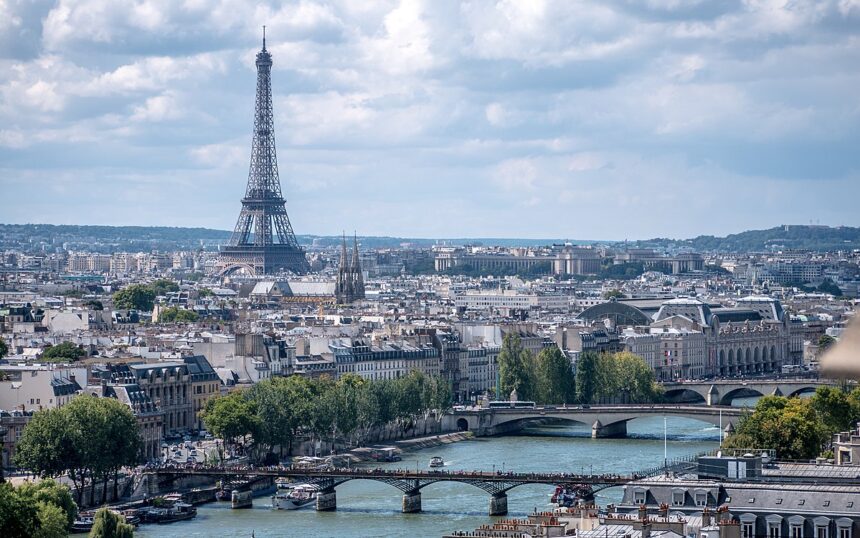A growing number of French cities have imposed night-time curfews on young people in response to a sharp increase in drug-related violence. The latest city to enact such measures is Nîmes, located in the south of France, where authorities say the restrictions aim to shield under-16s from rising levels of violence and help to reduce mounting tensions. The local government has also confirmed that additional police forces will be deployed to support the initiative.
Nîmes has witnessed multiple violent incidents over the past month, including several shootings—one occurring in broad daylight—that resulted in one death and several injuries. Last week, authorities discovered the body of a 19-year-old man, partially burned, on the outskirts of the city. In announcing the new curfew—effective between 21:00 and 06:00—Mayor Jean-Paul Fournier described the current situation as “untenable,” stating that drug traffickers have created a pervasive “climate of fear and terror.”
Deputy Mayor Richard Schieven emphasized that the curfew was designed to protect not only uninvolved minors, but also vulnerable youths as young as 12 or 13 who are being exploited by drug traffickers to serve their criminal operations.
Elsewhere in the region, Béziers, located 120 km (75 miles) southwest of Nîmes, introduced its own youth curfew last year for children under 13 between 23:00 and 06:00. The curfew was expanded in March to include minors under 15 in certain high-risk neighborhoods. “No 10-year-old out on the street at 02:00 is up to anything but mischief,” remarked Béziers Mayor Robert Ménard earlier this year.
Despite the implementation of these restrictions, violence continues to plague Béziers. Over the weekend, local media reported that groups of balaclava-clad youths staged an ambush against police officers, luring them before launching attacks using fireworks.
A similar situation unfolded in Limoges, in southwestern France, where a summer holiday curfew for under-13s has also been put in place. However, following a violent outbreak involving around 100 individuals over the weekend, Limoges Mayor Émile Roger Lombertie acknowledged that the curfew had failed to deliver meaningful results. “We had disturbances by young people, nobody managed to intercept and arrest them, and the curfew was useless,” he said, calling for more police resources to ensure enforcement.
The issue of drug-related violence has become increasingly widespread in France, extending far beyond the traditional epicenter of Marseille. Two years ago, public outrage erupted in Nîmes after a 10-year-old boy was fatally shot in the city’s Pissevin district.
According to figures released by the French interior ministry, drug-related violence in 2024 alone resulted in 110 deaths and left more than 300 people injured across the country. In response to this alarming trend, Justice Minister Gérald Darmanin and Interior Minister Bruno Retailleau have underscored the government’s determination to crack down on drug trafficking networks.
Earlier this year, the two ministers successfully pushed a sweeping legislative package through parliament. The measures include the establishment of two new maximum-security prisons specifically for drug kingpins, the creation of a specialized unit within the prosecutor’s office, expanded investigative powers for law enforcement, and a special protected status for informants cooperating with authorities.
On Tuesday, Darmanin confirmed that “the first 17 drug-traffickers, among them the most dangerous in our country,” had been transferred to a high-security prison in Vendin-le-Vieil, located in northern France.
This latest step follows a wave of arson and gun attacks targeting French prisons earlier this spring, widely believed to be orchestrated by organized drug gangs retaliating against the government’s intensified anti-narcotics campaign.






